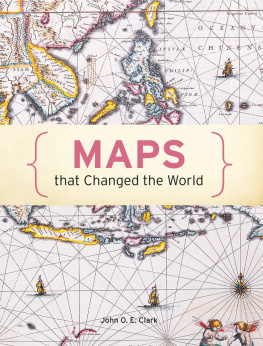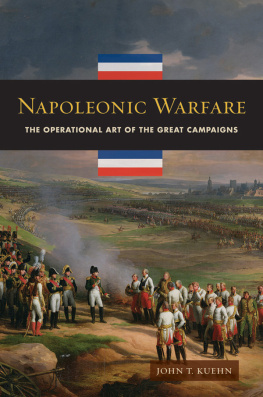
E-book published in 2012 by Encyclopdia Britannica, Inc., in association with Arcturus Publishing Limited, 26/27 Bickels Yard, 151-153 Bermondsey Street, London SE1 3HA. Britannica, Encyclopdia Britannica, and the Thistle logo are registered trademarks of Encyclopdia Britannica.
Reprinted in 2009
This edition first published by Arcturus Publishing
Distributed by Black Rabbit Books
123 South Broad Street
Mankato
Minnesota MN 56001
Copyright 2008 Arcturus Publishing Limited
All rights reserved
Library of Congress Cataloging-in-Publication Data
Ross, Stewart.
World War I / by Stewart Ross.
p. cm. -- (Timelines)
Includes bibliographical references and index.
ISBN 978-1-61535-610-2 (e-book)
1. World War, 1914-1918--Juvenile literature. 2. World War, 1914-1918--Chronology--Juvenile literature. I. Title. II. Title: World War one. III. Title: World War 1. IV. Series.
D522.7.R68 2007
940.3--dc22
2007007555
9 8 7 6 5 4 3
Series concept: Alex Woolf
Project manager and editor: Liz Miles
Designer: Simon Borrough
Picture researcher: Liz Miles
Consultant: James Vaughan
Cartographer: LMS
Picture credits:
Corbis: cover (Bettmann/Corbis), 4 (Hulton-Deutsch Collection/Corbis), 5 (Corbis), 6, 7 (Hulton-Deutsch Collection/Corbis), 9 (Corbis), 10, 11 (Bettmann/Corbis), 12, 13 (Hulton-Deutsch Collection/Corbis), 14 (Bettmann/Corbis), 15 (Corbis), 16 (Bettmann/Corbis), 17 (Underwood & Underwood/Corbis), 18 (Bettmann/Corbis), 19 (Corbis), 20 (Hulton-Deutsch Collection), 22 (Bettmann/Corbis), 23, 24 (Corbis), 25 (Bettmann/Corbis), 27 (Hulton-Deutsch Collection/Corbis), 30 (Corbis), 31, 32, 34 (Hulton-Deutsch Collection/Corbis), 35 (Corbis), 36 (Hulton-Deutsch Collection/Corbis), 37, 38, 39 (Bettmann/Corbis), 40 (Hulton-Deutsch Collection/Corbis), 41 (Corbis), 42 (Bettmann/Corbis), 43 (Hulton-Deutsch Collection/Corbis), 44 (Corbis), 45 (Bettmann/Corbis).
TopFoto: 21 (Topham Picturepoint), 26 (RIA Novosti), 28, 29 (Topham Picturepoint), 33 (HIP).
Contents
Franco-Prussian War Begins
19 J ULY 1870
The roots of World War I go back to the nineteenth century. At their heart was fierce rivalry between the great powers of Europe. This rivalry came to a head on July 19, 1870, when the French emperor Napoleon III declared war on Prussia, the most powerful state in Germany. He believed the southern German states, such as Bavaria and Baden, would take his side. He was mistaken. The French armies were slow to mobilize and the well-organized Prussians swept into eastern France and won two decisive victories at Metz and Sedan. Napoleon III was captured and his government collapsed. France became a republic for the third time.
T HE G ERMAN E MPIRE
Although the Third Republic fought on into the following year, its efforts were in vain. By the Treaty of Frankfurt, May 10, 1871, France surrendered Alsace and Lorraine and agreed to pay the victors large reparations. Meanwhile, an even more important event had taken place. On January 18, at the palace of Versailles, in France, the triumphant and united German states accepted Prussias King William I as emperor of a German empire. The new Germany was undisputedly the major power in continental Europe.
Scare tactics
If you rub it in both at home and abroad that you intend to be first in and hit your enemy in the belly and kick him when hes down and boil your prisoners in oil (if you take any) and torture his women and children, then people will steer clear of you.
British First Sea Lord, Admiral Jackie Fisher, in an exaggerated explanation of how peace can be preserved by building up military might.
Quoted in A. Marder, ed., Fear God and Dread Nought: The Correspondence of Admiral of the Fleet Lord Fisher of Kilverstone, 3 vols (London, 19511959).

Heavy cannons used during the siege of Paris at the end of the Franco-Prussian War.
TIMELINE | E UROPE DIVIDES 18701908 |
July 19, 1870 | France and Prussia go to war, leading to the defeat of France and the formation of the German Empire. |
October 7, 1879 | The Dual Alliance between Germany and Austria-Hungary thwarts French hopes of revenge for the humiliation of 187071. |
May 20, 1882 | Italy signs a Triple Alliance with Germany and Austro-Hungary. |
January 4, 1894 | Russias tsar signs a Franco-Russian military alliance. |
April 8, 1904 | Britain and France draw closer with an Entente Cordiale, leading to an end to colonial rivalry. |
August 31, 1907 | German feelings of isolation are further increased when Britain and Russia sign an entente. |
October 7, 1908 | Austria-Hungary annexes Bosnia and Herzegovina, increasing tension with Russia in the Balkans. |
S HIFT IN WORLD POWER
For centuries, France had dominated the continent. Now, with the emergence of the German Empire under the guiding hand of the Prussian chancellor, Otto von Bismarck, this had changed. In terms of military power, population, and economic strength, Germany had replaced France.
To thwart French hopes of revenge, Bismarck kept the French isolated by a series of agreements with Russia, Austria-Hungary, and Italy. However, in 1890, Bismarck fell out with Germanys new emperor, William II, and resigned. With the mastermind of German unification gone, France began building up alliances of its own. First came a military agreement with Russia (1894); then, more significant, an entente (understanding, 1904) with Britain, the major world power. When Britain and Russia reached an agreement three years later, Europe was divided into two hostile camps: the Triple Alliance and the Triple Entente. Economic and imperial rivalry fueled the tension. As each side built up its armaments, the chances of a major conflict rose.
C ROSS-REFERENCE
T HE T RIPLE
A LLIANCE AND THE
T RIPLE E NTENTE :
PAGES 7


The Iron Chancellor, Otto von Bismarck, who masterminded the unification of Germany into a single empire.
Assassination of Archduke Ferdinand
28 J UNE 1914
Archduke Franz Ferdinand was heir to the throne of Austria-Hungary, Germanys closest ally. In June 1914, he paid a state visit to Bosnia, a state recently annexed by Austria-Hungary. While visiting the capital, Sarajevo, he and his wife were shot dead by Gavrilo Princip, a Bosnian nationalist. Princips gang had links with Serbia, Bosnias powerful neighbor and Russias ally.
Next page


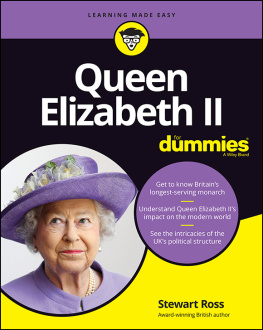
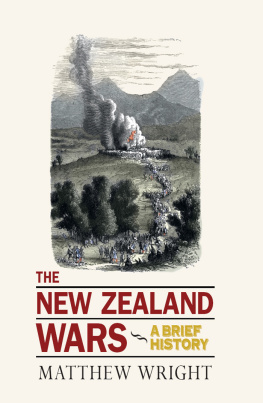
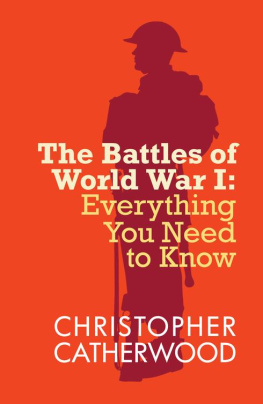
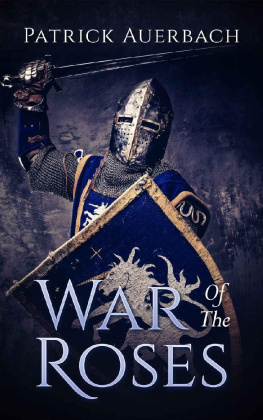
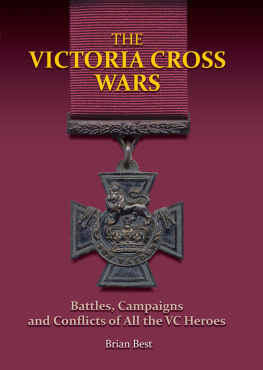
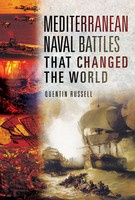
![Spencer C. Tucker - World War II [5 Volumes]: The Definitive Encyclopedia and Document Collection](/uploads/posts/book/128138/thumbs/spencer-c-tucker-world-war-ii-5-volumes-the.jpg)
